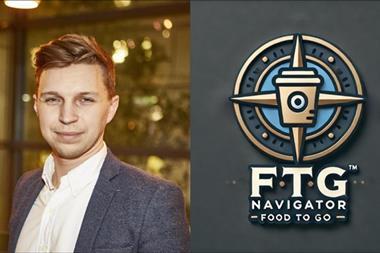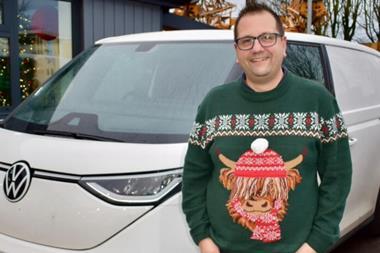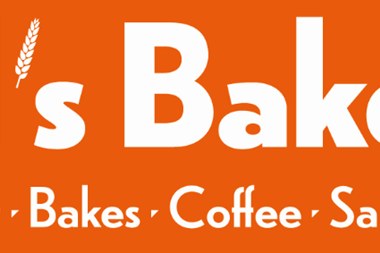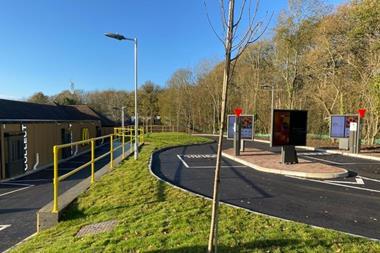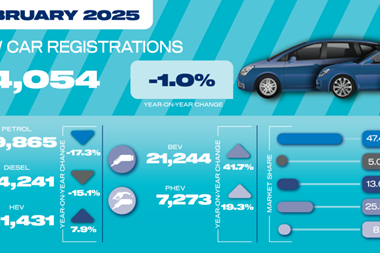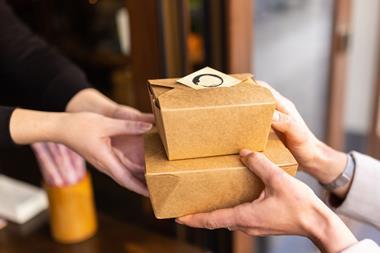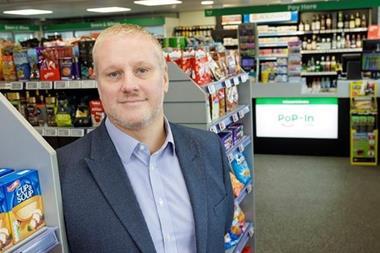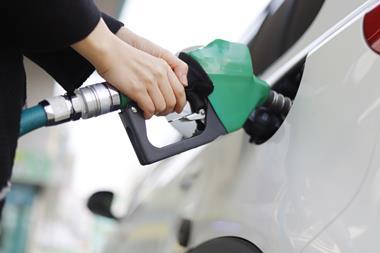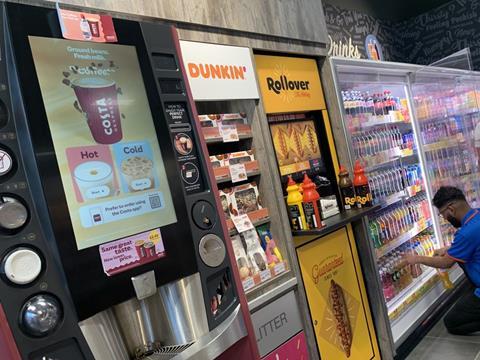
An increase in the popularity of food-to-go items represents the most significant change in consumer behaviour forecourt operators have seen over the past year. That is according to exclusive industry research commissioned by Forecourt Trader for the Summit conference.
The study, carried out by Forecourt Trader’s sister firm Lumina Intelligence, surveyed 64 companies operating forecourts over December and January, and found that 44% of respondents put rising food-to-go sales as the biggest shift they had seen over the previous months. Coffee, protein bars and microwave burgers were selected as significant sub-categories, with 16% of shoppers’ baskets said to feature at least one of these items.
The report, which can be downloaded in full below, also found declining fuel sales which marked the next biggest trend. Some 41% of respondents put this at the top of the agenda – though 23% said an increase in fuel sales was the most significant shift they had seen, indicating that geographical differences play a big role in this area.
A fall in the popularity of diesel was placed at the top of the trends by some 39% of operators, while decreased shop footfall was the biggest story for one in three operators, and 20% said the year was marked by worsening lottery sales. A little over half (56%) of traders say they expect conditions to improve or stay the same over the coming year, with 39% predicting deteriorating conditions.
Labour costs top the list of operators’ concerns, with crime and fuel theft the next biggest worry. An increasing use of body-worn cameras for staff, and enhanced ANPR technologies, are among the tools firms are using in a bid to stem losses caused by theft and drive-offs.
Overall, 49% of operators report an extremely positive or positive trading environment, while 33% say conditions are challenging or extremely challenging, and the remaining 19% take a neutral stance.
Personalised food is a big theme in the Lumina research, as evidenced by initiatives such as some of BP’s Wild Bean Cafes allowing for customisable orders; the opening of a Subway-style Fireaway pizza outlet in one forecourt; and the growth of deli and butcher counters in others.
An initiative from MFG, which is seeing the firm roll out 24-hour laundrette facilities at up to 300 sites over the next five years, is indicative of some of the other innovative developments taking place in the industry, as is Just Eat launching a service that will deliver food to drivers charging their EVs. EV charging itself, and the growing popularity of parcel collection, were the other big narratives of the past year, according to operators.
Yet despite forecourts embracing developments such as these, there is scepticism amongst firms when it comes to the EV roadmap: the vast majority of operators either say that it will take more than 10 years for electric cars to become mainstream, or that this will never happen.
Instead, 47% of survey respondents say that alternative fuels like hydrogen, synthetic fuels and liquefied petroleum gas (LPG) will become very important over the next five years, five percentage points higher than those who think EV charging would become equally important over the same period.
One thing is for sure, though: the importance of a good convenience store can hardly be overstated, with 83% of operators highlighting this as being of paramount importance for forecourts.
Downloads
Forecourt Summit - Operator Insight Feb 2025
PDF, Size 1.06 mb























